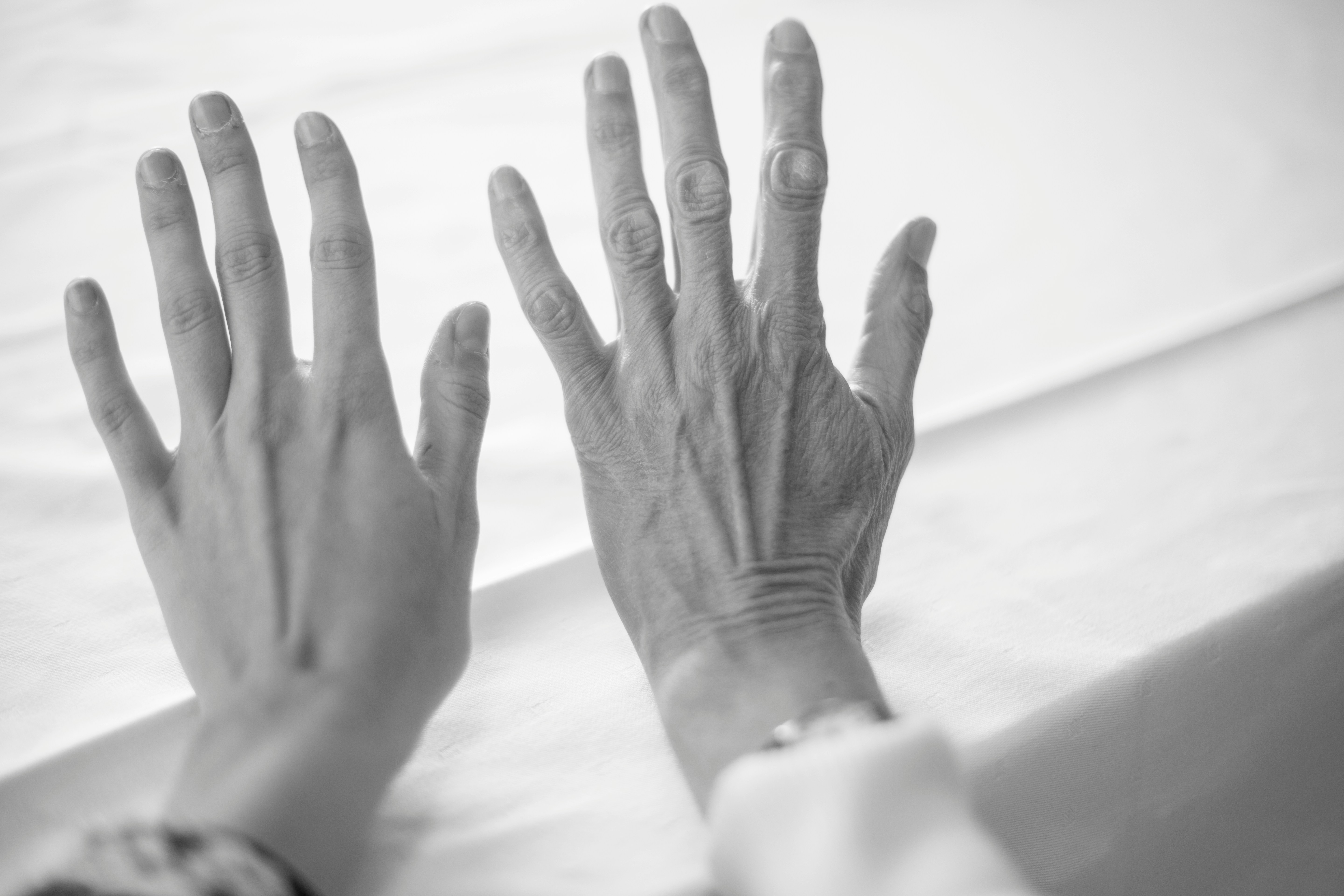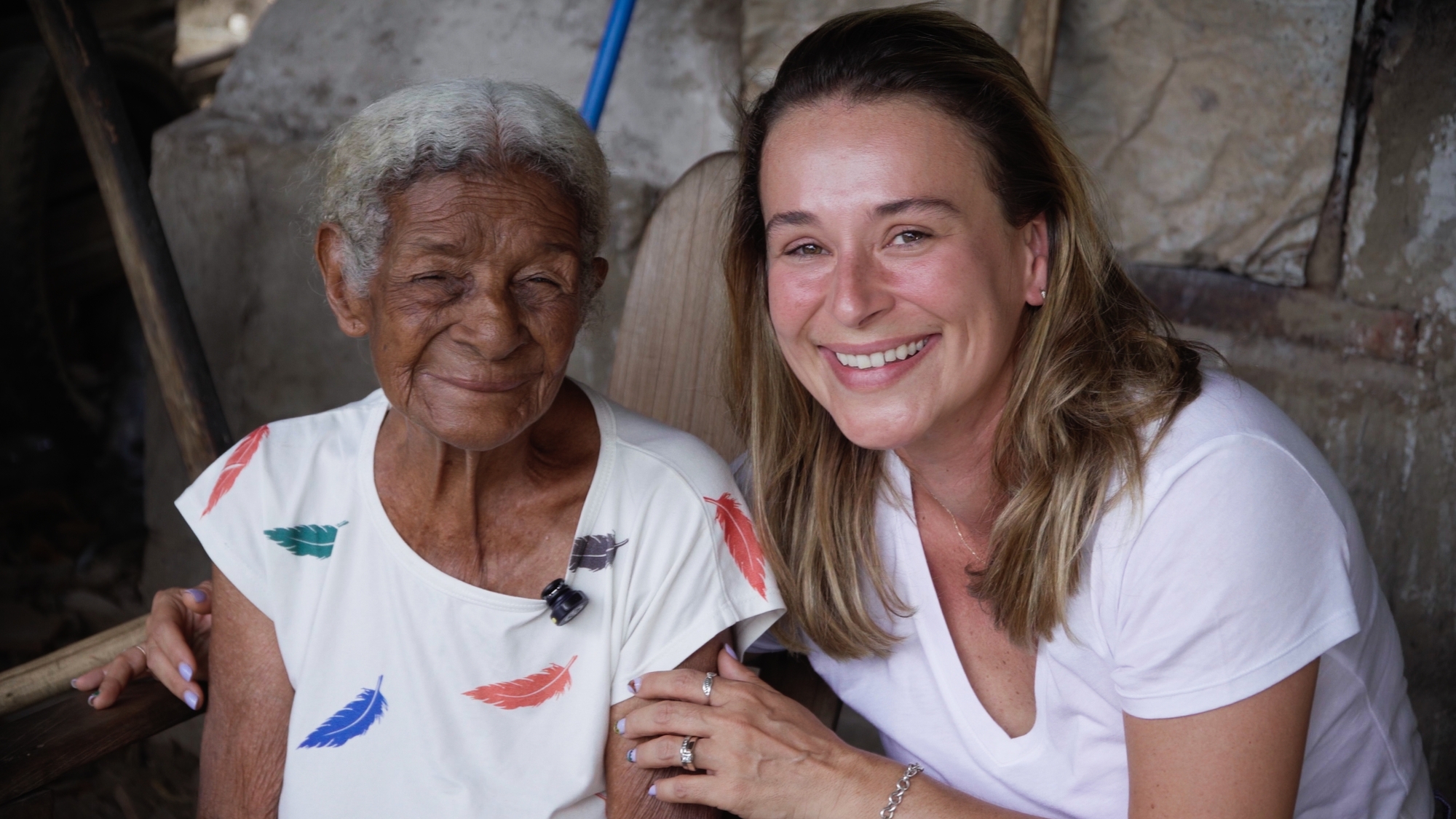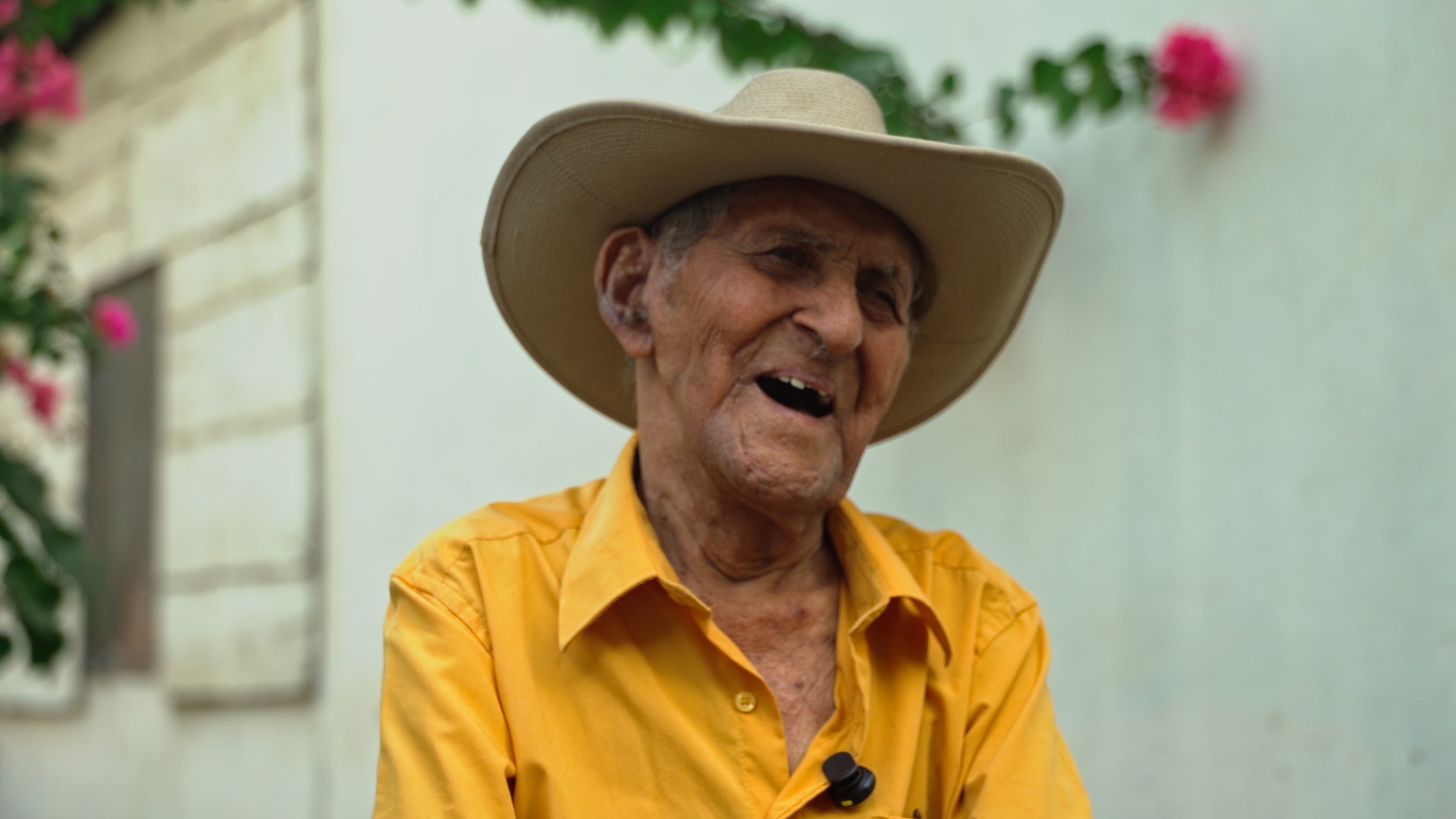 Lifestyle
LifestyleBiological Age: The Ultimate Guide - GlycanAge
Learn everything about Biological Age; What it is, how it differs from chronological age, and ways to test and reverse it. Take control of your health today!

We’re excited to share a project we worked on with Dr Dorothy Skotak in which she tested the GlycanAge of centenarians in Costa Rica’s Blue Zone - Nicoya Peninsula.
This heartwarming project helped us understand what differentiates this Blue Zone and how much mental health impacts our physical state.
Blue Zones are places around the world where people live longer lives in better health. It’s a cross-section of longevity and health span since people stay vital and active long into their old age.
There are 5 official Blue Zones
Interestingly, the centenarians who live in these places have a lot in common. Their diets are mostly plant-based and they eat until they’re about 80% full, which Okinawians call hara hachi bu.
These centenarians also exercise, although not in traditional ways. Even though they don’t have gym memberships, working out is built into their lives. They farm, garden, do a lot of chores, walk long distances and help each other with different tasks.

Another important thing is - having a purpose and a rich social life. It’s crucial for centenarians to have good social connections, not just with other older people, but with their young family members as well.
Since these centenarians don’t have 9 to 5 jobs, they can create their own daily schedules, and that allows them to sleep when their bodies tell them to. They don’t wake up with an alarm, but once their bodies feel rested.
These are just some of the habits of longer-lived people of the Nicoya Peninsula. Find out what can Blue Zones teach us in a special report in the next chapter.
The life expectancy on the Nicoya Peninsula of Costa Rica is 80. With a staggering number of people over 95 years of age, Nicoya gathered a lot of interest from people all over the world looking to better their longevity.
It is hypothesised that residents of the Nicoya Peninsula live longer due to:
All of the centenarians Dr Skotak interviewed share these lifestyle habits and outlooks on life. Learn more about them in their own words.
Our centenarians are Dora (105), Juan (104), Guillermina (101), Benerando (101), Wenceslao (100).
What could be the secret behind longevity in the Nicoya Peninsula? Did they find the fountain of youth, or is it a combination of things?
Genetics don’t have as big of an influence as you might think. A study on the longevity of centenarians suggests that hereditary factors only hold a third of the influence, with epigenetics, environmental factors and lifestyle being responsible for two-thirds.
This is good news for anyone who has a family history of a specific disease and fears they might experience the same faith as their family members. Knowing that there is a risk of disease is important because it gives you the chance to mitigate it.
While researching the 5 official Blue Zones, scientists found out that longer-living people from those places share a number of daily habits.
They don’t eat a lot of meat, but instead a plant-based diet, with a special focus on legumes and whole grains. Also, they don’t rush their meals but instead eat slowly, since meals are usually shared with family members.
A lot of the longer-lived people in Blue Zones also live with their younger family members and are very involved in the community. They aren’t as isolated and lonely as the older people in urban communities tend to be.

Religion also plays a big part in their daily lives. It offers social support, and a purpose and reinforces great mental health practices like - gratitude and forgiveness.
If you’re interested in finding out more, read about longevity secrets from a 96-year-old.
A lot of the opinion makers in longevity like to highlight that our healthcare system is more of a sick-care system, as it only focuses on treating a disease, instead of preventing it.
Since their lifestyles are already healthier than the average, the centenarians in Blue Zones don’t have as much need for doctors’ visits as their peers in different parts of the world.
People in the Nicoya Peninsula eat the plants from their own gardens, including squash, corn and plenty of beans. They don’t eat a lot of meat, instead, they get the majority of their protein intake from plants.
They do eat meat, but not a lot. Their diet is mostly plant-based.
The life expectancy on the Nicoya Peninsula of Costa Rica is 80.
Five cantons of the Nicoya Peninsula are a part of the Blue Zone: Hojancha, Nandayure, Carrillo, Santa Cruz and Nicoya.
The five Blue Zones are Icaria in Greece, Sardinia in Italy, Okinawa in Japan, Nicoya Peninsula in Costa Rica, and The Seventh-day Adventists in Loma Linda in the USA.

Start or continue your GlycanAge journey
Don’t be afraid to reach out to us and ask questions, provide commentary or suggest topics.
Other articles you may like:
 Lifestyle
LifestyleLearn everything about Biological Age; What it is, how it differs from chronological age, and ways to test and reverse it. Take control of your health today!
 Lifestyle
LifestyleWhat is your mental age? Want to know how to test it? Click here to learn everything you need to know about mental age tests!